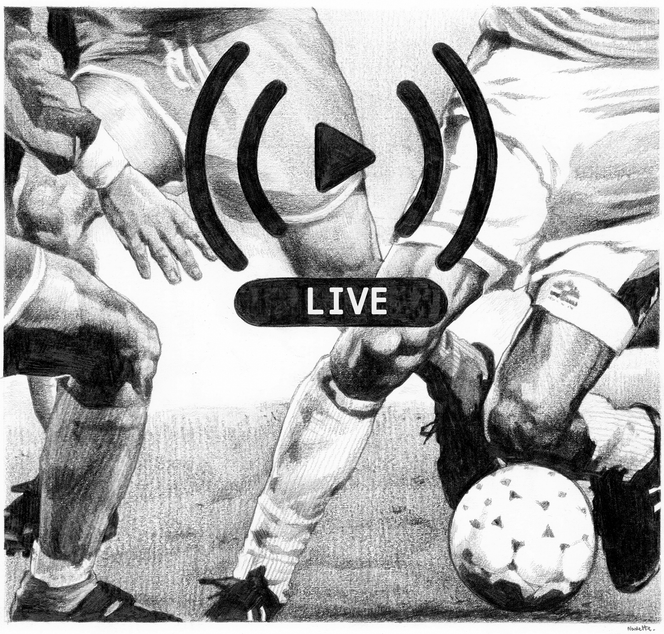


Wednesday, May 7, just before 8 pm, the Paris Saint-Germain (PSG) and Arsenal players emerged from the locker rooms at the Parc des Princes stadium, ready to face off in the second leg of the Champions League semi-final. With the upcoming final set to air on the free channel M6, this French-British showdown was by far the most anticipated pay-to-watch sporting event of the year in France.
Just a few years ago, on such an occasion, much of the country would have pulled out their team jerseys, set bowls of chips on the coffee table and gathered in front of Canal+. But unfortunately for Canal+, the broadcaster of the Champions League in France, and for other holders of major sports broadcasting rights, especially football, those evenings no longer unfold quite the same way. As each pay-to-watch match approaches, a dance now begins online: Hundreds of thousands of internet users mobilize to try to watch for free – and thus, illegally. And they use a variety of techniques to do so.
Take Lucie, a 25-year-old engineer and sports enthusiast who, like other interviewees, gave only her first name. Her search begins on a social network: X (formerly Twitter). In just two clicks, she finds a link that leads her to a Telegram messaging channel. There, she will undoubtedly have to navigate between ads for illegal online casinos, pornographic images or chat rooms dedicated to sports betting, but at the end of it all lies the prize – a free stream of the match.
You have 80.1% of this article left to read. The rest is for subscribers only.
